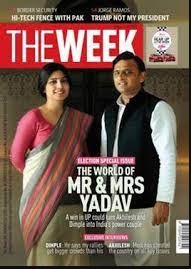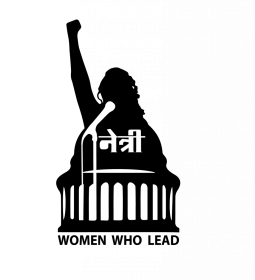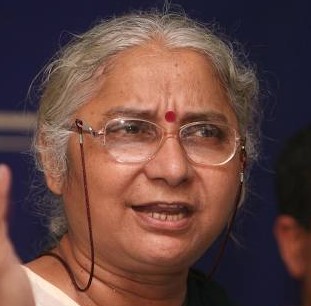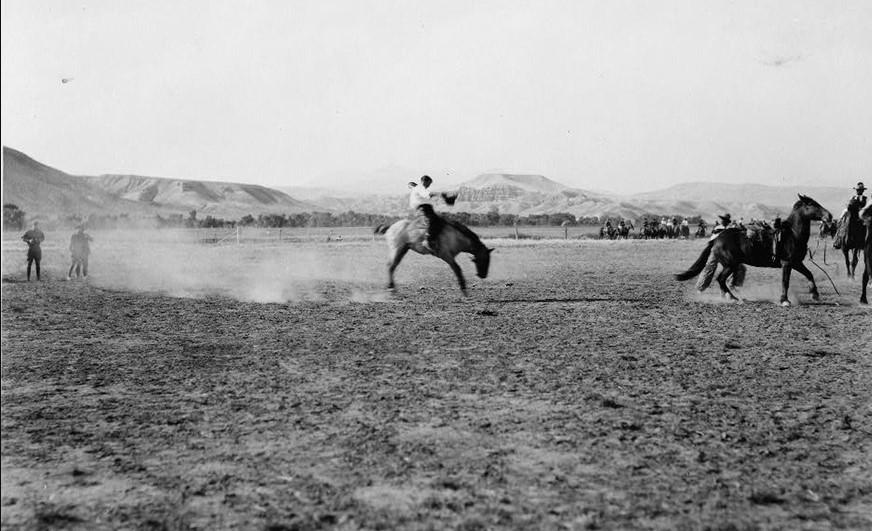Data Officer, Public Health Surveillance
June 10, 2025

The Week is a widely recognized and respected weekly news magazine in India. Known for its comprehensive coverage of current affairs, politics, business, and culture, The Week has established itself as a reliable source of information for readers across the country. In this article, we will delve into the key aspects of The Week, its history, content, and its contribution to journalism in India.
The Week was first published in 1982 by the Malayala Manorama Group, one of the largest media conglomerates in India. It was launched with the vision of providing readers with a concise and well-rounded perspective on important news stories and events happening both within India and around the world. Over the years, The Week has grown in popularity and has become an integral part of the media landscape in India.
The Week follows a unique editorial approach that sets it apart from other news magazines. Its core philosophy is to present a balanced and unbiased view of events, ensuring that readers get a comprehensive understanding of the issues at hand. The magazine aims to provide in-depth analysis, thoughtful opinions, and engaging narratives to its readers.
One of the distinguishing features of The Week is its commitment to ethical journalism. The magazine upholds the principles of accuracy, fairness, and transparency in its reporting. It strives to maintain a high standard of journalism, adhering to a strict code of conduct and avoiding sensationalism or biased reporting.
The Week covers a wide range of topics through its various sections, catering to the diverse interests of its readers. Let's take a closer look at some of the key sections that make up the magazine:
a. Cover Story: Each issue of The Week features a cover story that delves deep into a current topic of national or international significance. These cover stories are extensively researched and provide readers with a comprehensive understanding of the subject matter.
b. Nation: This section focuses on national news, politics, and governance. It covers important developments in the Indian political landscape, government policies, and major socio-economic issues.
c. World: The World section provides an overview of global news and events. It covers international politics, diplomatic relations, conflicts, and major happenings around the world.
d. Business:The Business section of The Week offers insights into the corporate world, the economy, and financial markets. It covers topics such as business news, market trends, entrepreneurship, and personal finance.
e. Technology:This section focuses on the latest advancements in science and technology. It covers topics like innovation, digital trends, gadgets, and the impact of technology on various sectors.
f. Arts & Culture:The Arts & Culture section explores various forms of art, literature, cinema, and cultural events. It features interviews with artists, reviews of books and films, and provides a platform for cultural discussions.
g. Health & Lifestyle:This section covers topics related to health, fitness, wellness, and lifestyle. It offers expert advice, tips for maintaining a healthy lifestyle, and features stories on inspiring individuals.
h. Columns & Opinions:The Week has a diverse range of columnists and opinion writers who provide their insights on various issues. These opinion pieces offer different perspectives, stimulating thoughtful debates among readers.
The Week is known for its special features and engaging content that goes beyond just news reporting. It presents stories in a narrative format, making it easy for readers to grasp complex subjects. Some of the notable features of The Week include:
a. People of the Week:This feature highlights individuals who have made a significant impact in their respective fields. It profiles achievers, pioneers, and changemakers from various domains, showcasing their journey and contributions.

June 10, 2025

June 10, 2025

June 10, 2025

June 10, 2025

June 10, 2025

June 10, 2025

June 10, 2025

June 10, 2025

June 10, 2025

June 10, 2025